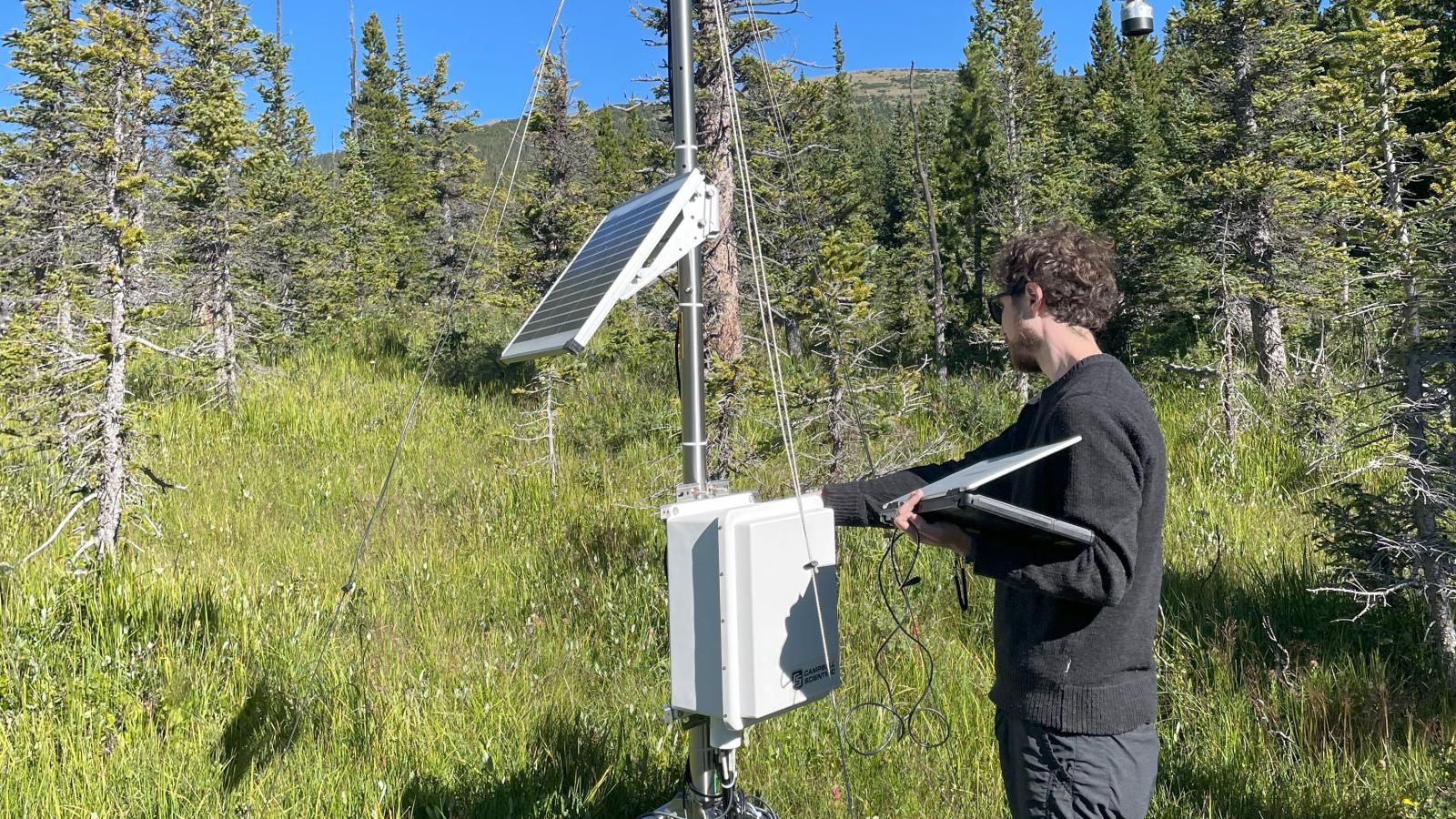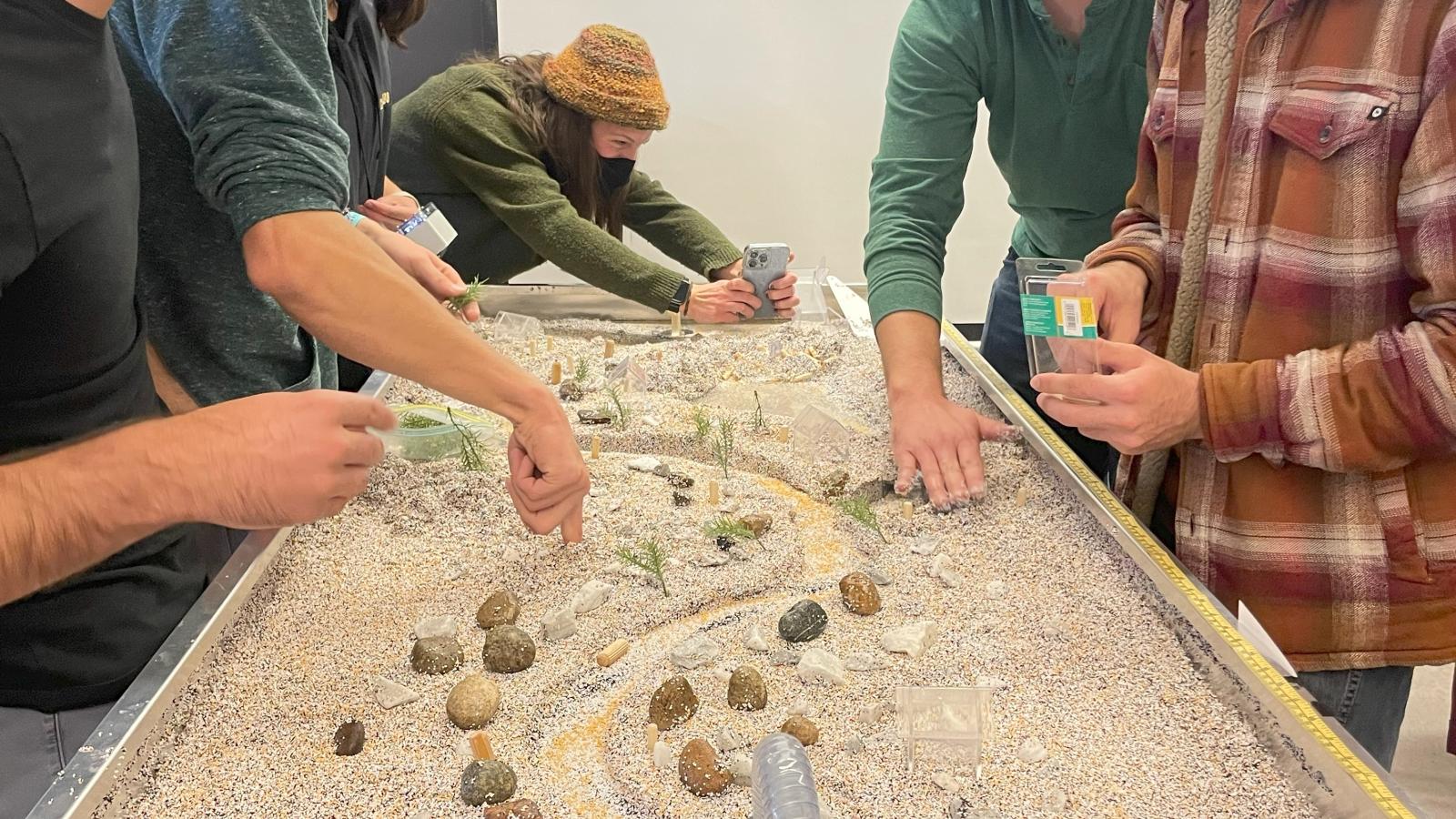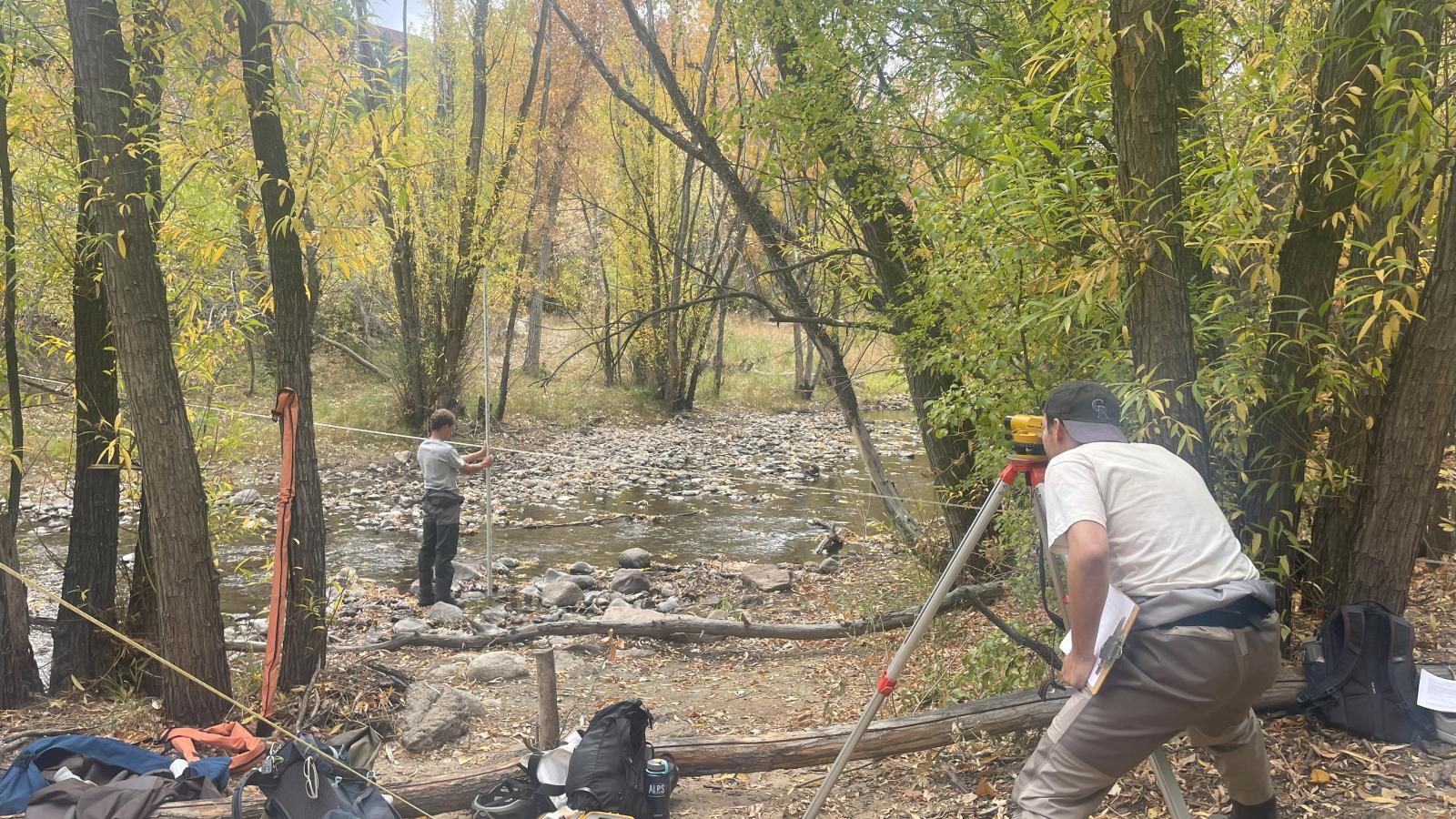Environmental and Earth Sciences Concentration

Climatology, geomorphology, biogeography, arctic and alpine systems, hydrology, ecology and global change
Physical geography integrates and inter-relates landforms, water, soils, climate, and vegetation as the major natural elements of the environment. The focus of physical geography is on the zone of the land, ocean, and atmosphere containing most of the world’s organic life. Physical geography not only describes natural phenomena near the surface of the earth but, more importantly, seeks explanations of how and why the physical and biological processes act as they do. Physical geography includes processes studied in other physical and natural sciences such as meteorology, geology, biology, and soil science, however, physical geography is more than a mere composite of these other sciences. It takes a comprehensive approach to the processes of the natural environment, often with an emphasis on human modifications to the environment.
Courses in this Concentration
Lower Division
- GEOG 1001: Our Changing Planet: Climate and Vegetation
- GEOG 1011: Our Changing Planet: Landscapes and Water
- GEOG 1100: Colorado Geographies: Environment, Society and Change in the Centennial State
- GEOG 1200: Climate Change Geographies
- GEOG 2271: Intro to the Arctic Environment
- GEOG 2321: Geography of Skiing and Snowboarding
- GEOG 2421: Visualizing Climate Change and Extreme Weather Events
Methods:
- GEOG 3023: Statistics and Geographic Data
- GEOG 4023: Advanced Quantitative Method: Spatial Data
- GEOG 4173: Research Seminar
Upper Division
- GEOG 3251: Mountain Geosystems
- GEOG 3301/ATOC 3300: Climate & Weather Observations
- GEOG 3351: Biogeography
- GEOG 3511: Water Cycle
- GEOG/ATOC/ENVS 3601: Principles of Climate
- GEOG/GEOL 4093: Remote Sensing of the Environment
- GEOG/ENVS 4201: Biometeorology
- GEOG 4203: GIS: Spatial Modeling
- GEOG/GEOL 4241: Earth Surface Processes
- GEOG 4251: Fluvial Geomorphology
- GEOG 4271: The Arctic Climate System
- GEOG 4321: Snow Hydrology
- GEOG 4371: Forest Geography: Principles and Dynamics
- GEOG 4401: Soils Geography
- GEOG 4463: Earth Analytics Data Science Bootcamp
- GEOG 4501: Water Issues in the American West
- GEOG 4563: Earth Analytics
- GEOG 4603: GIS in the Social and Natural Sciences







